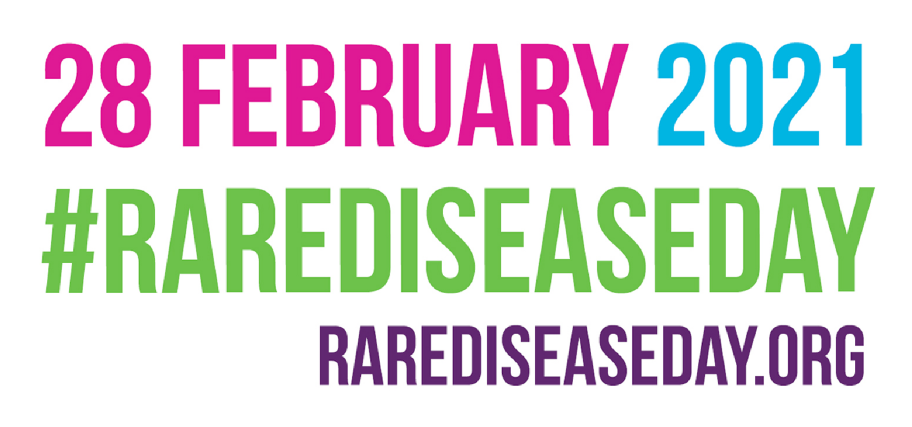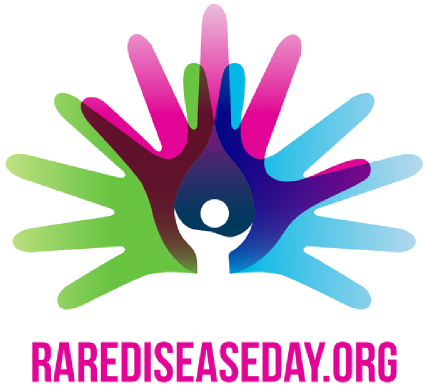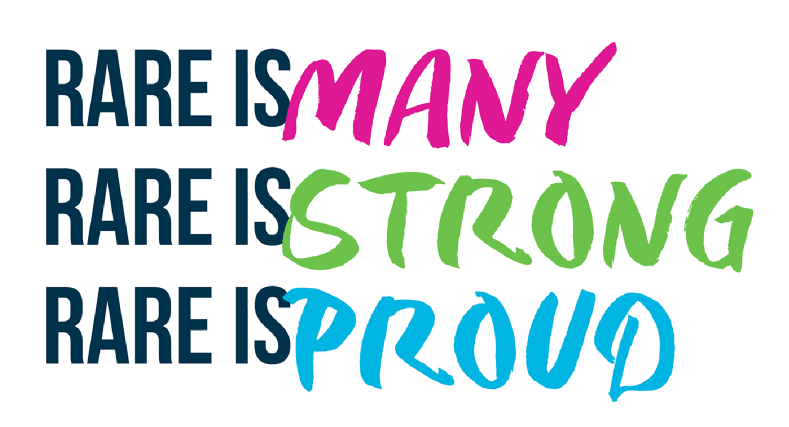Meet Loraine
A courageous family battle and devotion in the face of generational adversity: Loraine anchors her family’s fight against myotonic dystrophy—while undergoing the same battle herself

The diagnosis of a serious muscle disease like myotonic dystrophy is devastating for families, and Loraine’s family received three of them within just a few days. Loraine drew on her nursing experience, developing care strategies for her daughter, grandson and her own progressing disease symptoms. Her expertise and capacity as a caregiver ultimately led her to reach further, joining MDF as a support group facilitator.
The doctor met Loraine and her daughter, Kristl, at the door.
A genetic pedigree test had brought them to the clinic a few days earlier. Kristl was expecting her first child, and Loraine wanted to conduct prenatal due diligence for three very important reasons: Kristl’s uncle—Loraine’s brother—had fought a long battle against myotonic dystrophy before passing away at age 47; Kristl always had cognitive impairment that no one could quite explain; and Loraine had experienced physical disabilities in her childhood. For Loraine and Kristl, any one of those reasons was enough to warrant a visit to the geneticist.
They were sent to get a prenatal ultrasound in addition to the pedigree testing once they informed the doctor of their medical background. A two-hour procedure revealed that the baby had healthy organs but wasn’t swallowing, which the radiologist explained was a possible sign of myotonic dystrophy. A few days later, the geneticist brought them back for the results of the genetic pedigree—and Loraine immediately knew that the situation was serious.
“When a doctor meets you at the door, that’s significant,” she reflected. Moments later, they learned that Zen, Kristl’s unborn son, would be born with congenital myotonic dystrophy. The medical symptoms they’d struggled with for decades began to make sense: the leg braces that Loraine wore as a little girl and the issues with mental problem-solving that Kristl faced for most of her life. Myotonic dystrophy, a genetically inherited disease, was simultaneously impacting three generations of Loraine’s family.

When the previous leader of the Orange County Myotonic Dystrophy Support Group moved away, Loraine stepped up and took on the job. For the past six years, Loraine has facilitated the group’s activities and also participates as an important contact in her volunteer role with the Myotonic Dystrophy Foundation. Loraine is sometimes the first person that a newly diagnosed individual speaks to on the phone—providing a steadying voice at a moment when empathy and understanding can make an incredible impact. “I can’t change how this disease progresses—in Kristl, or Zen, or myself,” she says. “But I can help to make a difference by supporting and listening to people who are also dealing with it.”
After years of advocacy, Loraine reacted to the announcement of the first-ever International Myotonic Dystrophy Day with joyous disbelief. “I didn’t think this would happen in my lifetime,” she says. As part of this event, people all over the world will hear stories, read the facts and get involved in the fight against myotonic dystrophy. “I would hope that they’ll be curious,” Loraine says, “because it’s likely that they know someone, or a friend of a friend, who has this condition.”

The diagnosis of a serious muscle disease is devastating for families, and Loraine’s family had received three of them in the span of just a few days. But the news galvanized her. “People asked me if I went through the stages of grief,” Loraine says. “I didn’t. I went into nurse mode and stayed there for a year.”
‘Nurse mode’ was made possible by Loraine’s years as a nurse in an intensive care unit. Her interest in healthcare grew from formative experiences in her childhood, including being born without hip sockets. “I slept in a brace and I walked in a brace. My disability developed a very strong spirit within me,” Loraine says. This spirit of resilience and opposition to the status quo, as well as a staunch willingness to fight to make things better, made Loraine a natural caregiver—both in her career and for her family.
Loraine’s years of experience and perspective helped her family find a new path forward after the diagnosis. “I created care plans for the baby and Kristl,” said Loraine. The family had to be ready to support little Zen when he was born—and it wasn’t going to be easy. An extended stay in the NICU was coupled with new machines and treatments that had to be set up for home life. But with loving care and encouragement, Zen continues to defy doctors’ expectations and is now a sunny, energetic nine-year-old. Loraine and her husband Kevin enjoy taking Zen on day trips and even faraway destinations. “Some people stay home. But I don’t think that’s a good choice, to be isolated. That way, the disease becomes bigger than you are. You have to stay out there.”
As Zen continued to grow and her family mastered new routines, Loraine felt that she had the capacity to do more and looked for ways to provide support to the greater myotonic dystrophy community. Loraine began attending advocacy group meetings, traveling to conferences, meeting with other DM families, and participating in speaking opportunities.

Loraine is also particularly excited about the prospect of providing more education to medical professionals. “Too many people get misdiagnosed or have poor clinical care experiences because doctors just don’t understand this disease. After this awareness day, patients will be able to advocate for themselves and share better information with their healthcare provider.”
Loraine maintains a busy schedule despite the progression of her disease symptoms. There are days when she feels more tired and relies on her husband Kevin and close friends to share the load. The empathy and resilience that sustain Loraine and her family were also significant forces driving the development of International Myotonic Dystrophy Awareness Day. Combined with the exciting increase in efforts to create DM therapies, they create hope for a future without DM.
Loraine has spent years supporting her family’s battle against myotonic dystrophy while waging the same fight herself. She has embraced her role as an advocate. And through it all, she maintains a sense of optimism for the future. “I’ve removed the limitations on my expectations because there is some promising research exploring myotonic dystrophy now,” she says. “There are some positive changes coming and that’s a good reason to look forward.”



